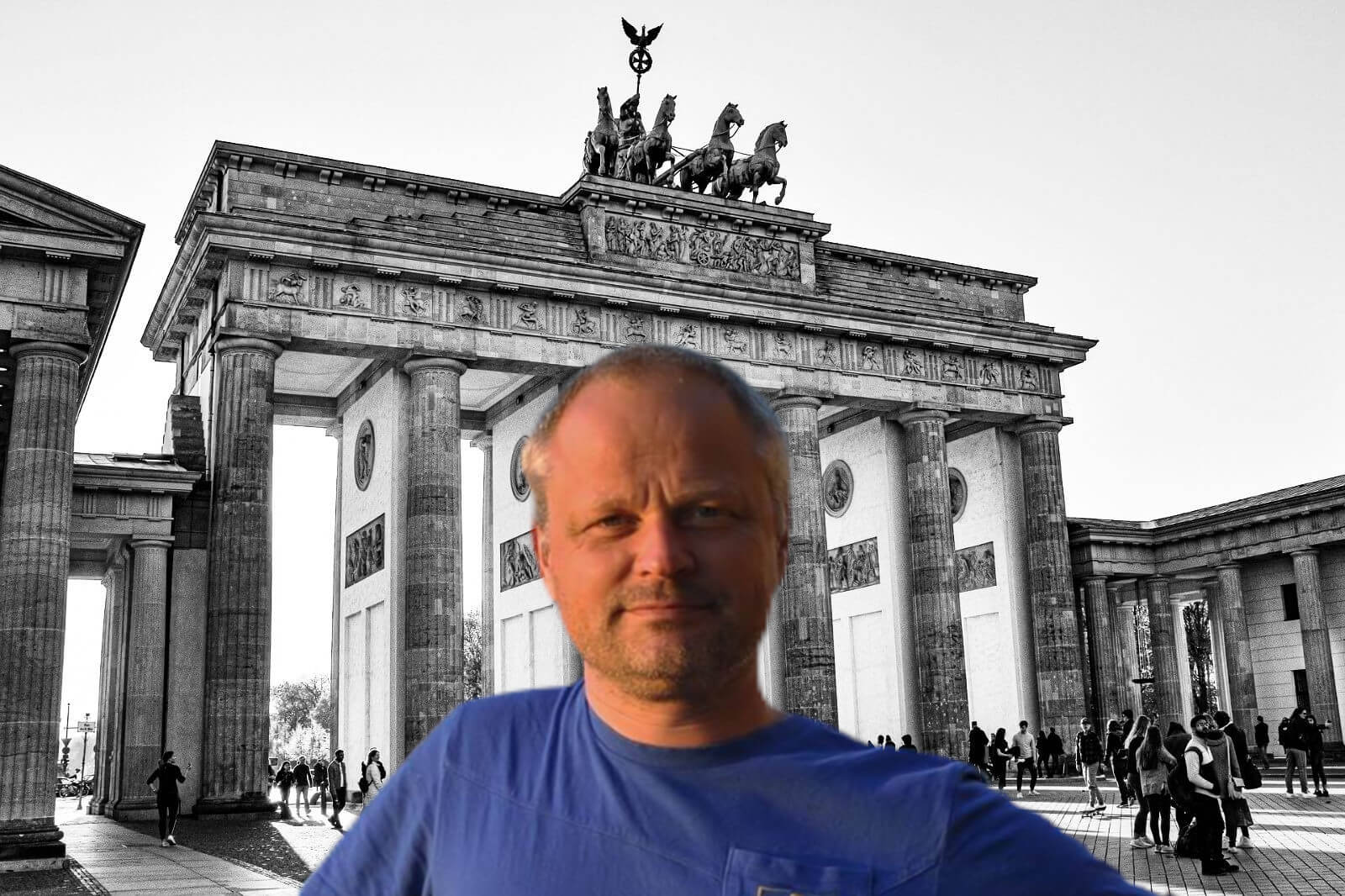
BMW does not have the best name in the field of electromobility. A few years ago, the automobile manufacturer from Munich was still being celebrated as the frontrunner in its own country with the i3 electric model. But that is history now. Volkswagen in particular has sprinted past BMW, not to mention Tesla and Chinese competitors like Nio.
CEO Oliver Zipse has attracted a lot of criticism for this from automotive experts, yet there may be a glimmer of hope. Last week, it was announced that BMW in Oxford, UK, is working hard on the development of a new kind of battery.
BMW is being backed in this by a £26.2 million grant from the British government. This grant is part of a larger offensive by London to promote green car technologies.
Oxford
The grants run through the Advanced Propulsion Centre (APC), which announced via a press release that £91.7 million is to be split between four projects.
BMW manager Andreas Löhrke says of their battery project: “This is an exciting opportunity to work with a group of leading companies to develop high-tech batteries. It reinforces our base in the UK and our R&D center.” Among other things, BMW produces electric Minis in Oxford.

Nothing more is known about the battery itself. BMW has long had plans to make its own batteries and is carrying out research on this at the “Kompetenzzentrum Batteriezelle” in Munich, Germany. At present, their batteries still come from Asian suppliers.
BMW is working together in the United States with the Solid Power company, which is working on a so-called solid-state battery, a technology that many see as the successor to lithium-ion batteries.
APC
There are three other projects that APC is backing.
The first is Celeritas, which is being pushed by the Sprint Power company and who can look forward to £9.7 million for the development of fast-charging batteries. Another £41.2 million is going to REE to convert smaller trucks so that they can be made electric (see photo). And finally, there’s the Darlington project (pushed by engine maker Cummins) that will receive £14.6 million for hydrogen technologies for heavy trucks.
The main objectives of APC are to develop cleaner and cheaper technologies for automobiles. The British government also wants to capitalize on the electric car revolution. From 2030 onwards, the sale of petrol and diesel cars will be banned in the UK.
You can find our dossier on mobility here.








